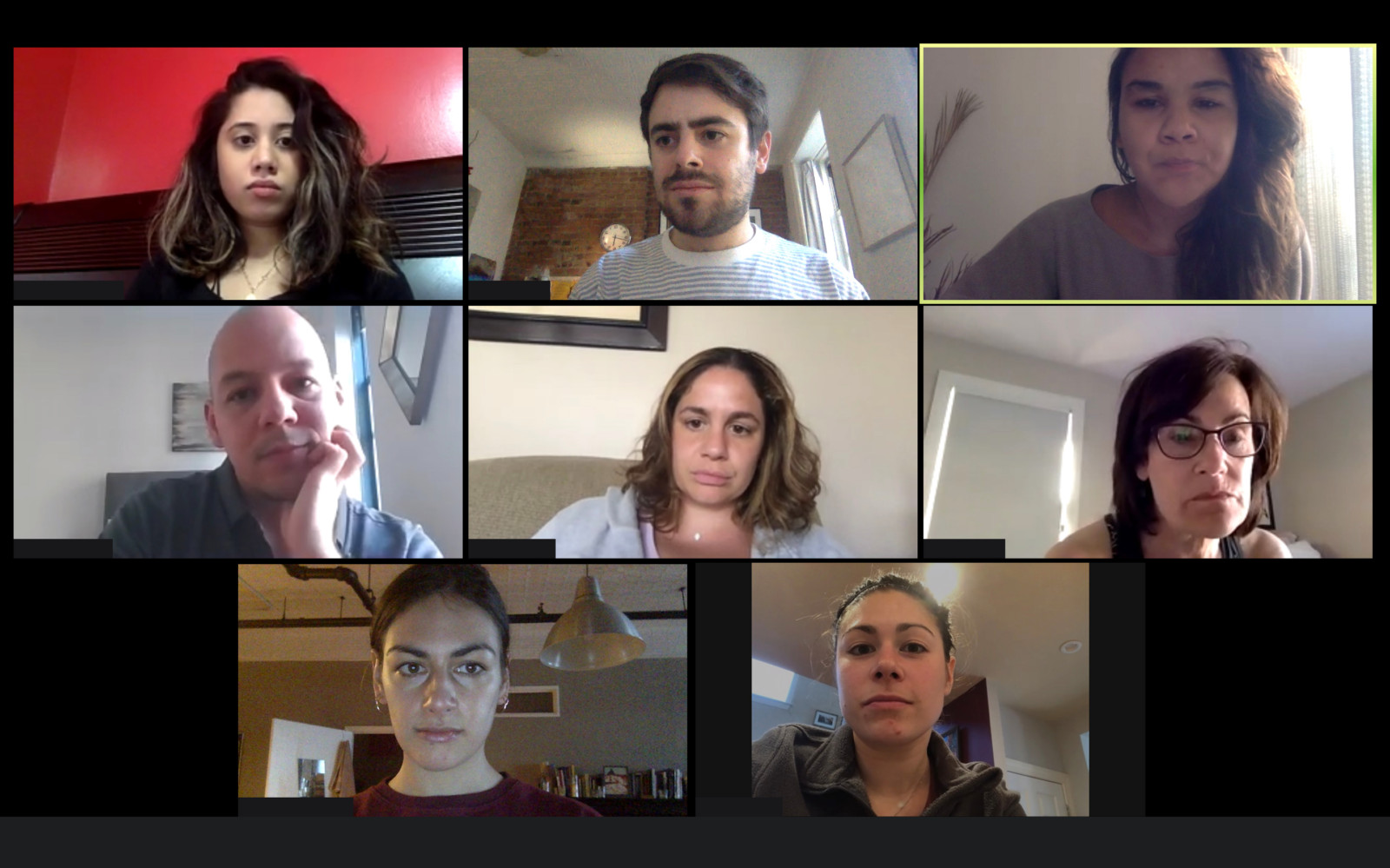Most of us have seen a dramatic increase in the number of video calls occurring in our daily lives recently. Whether you’re using Zoom, WebEx, GoTo Meeting, or some other video platform, you might have heard about “Zoom fatigue,” a term that experts have used to describe why video calls are so tiring.
With all the negative attention to Zoom fatigue, let’s focus on a positive aspect of video calls instead. As with most aspects of development, it’s a choice in how you see it. Read on if you want to reap some benefits from all those video calls (this is the first of a 2-part series).
A graduate student in my Preparing Tomorrow’s Leaders for Science program shared with me that Zoom has allowed her to check her disposition more in meetings and build her self-awareness. I thought it was powerful that she used this tool to improve herself!
Her comment was timely because I’d already been thinking about my own experiences with video calls. Earlier in the week, I’d noticed drastic difference between two virtual meetings. In the first, everyone started the call with their arms folded and associated frowns on their faces. In the second meeting, everyone was smiling, bright-eyed, and leaning forward, which clearly showed they were ready to engage. I was wondering, “Can we teach people to approach video meetings with more energy and positivity?”
Can you imagine the outcome if this is possible? Video meetings tend to be extra draining—as noted by the experts and their “Zoom fatigue” label—in part because the amount of energy you bring is reduced by the medium. It takes more energy output to keep the meeting lively than it would if you were all in the same room. That extra energy output can be tiring even if you have Gallup strengths of Woo or Positivity. And people who arrive at video calls with neutral energy actually subtract energy. It can feel like a vacuum sucking the life out of the room.
My student demonstrated that, yes, people can modify and improve their performance through video meetings! And, when you return to your regular office, you will continue to see the benefits of increasing your self-awareness and building emotional intelligence.
When you’re sitting in a conference room with other people, you don’t usually have a mirror in front of you. But on a video call you do, thanks to the video feed of yourself that’s on the screen.
The next time you are on a call, do quick checks of yourself at regular intervals and ask yourself these questions:
- What does my face project?
- Am I smiling? Do I look serious or distracted or annoyed?
- Am I slouched, or am I sitting up and leaning into the discussion?
- Do I look like I want to be here? (Am I multi-tasking during this meeting? Yes, they will see that too.)
- Am I using hand gestures (which bring energy), or are my arms folded?
- How are people responding to what you are saying? Are they confused, interested, or something else?
Here’s the deal. You may be in deep thought, but no one but you can know what’s happening between your ears. If being deep in thought comes with a look of concern on your face, they will think it’s a judgment about what they are saying. If you have more of a deer-in-the-headlights look in response to what someone else says, they may assume you are resistant.
Taking the time to do some quick self-assessments during video calls will you help manage your reactions and understand how what your body is feeling translates to what others see. And those are useful skills to continue applying when back in the office and sitting around the conference room table.





 Britta burrus design.
Britta burrus design.